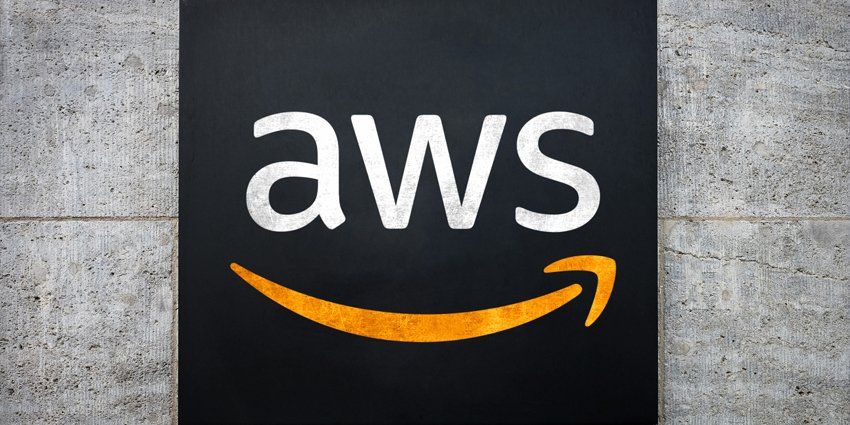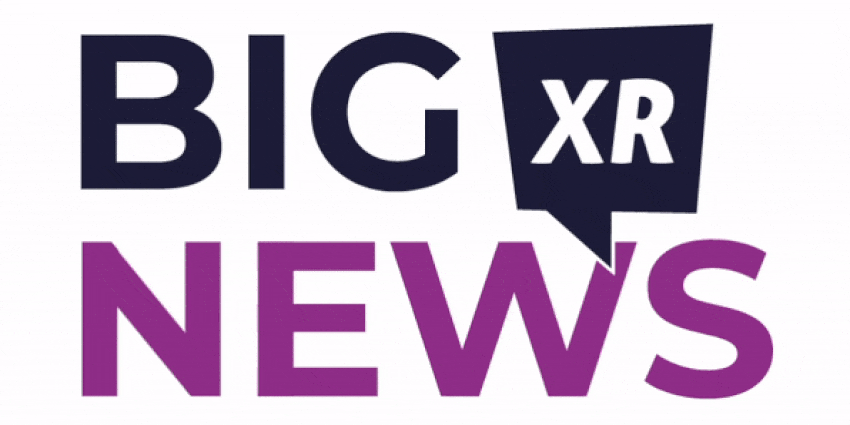[ad_1]

European telecommunications and consumer goods firms are increasingly joining the metaverse bandwagon, with expectations that it will account for a substantial portion of their revenue by 2030, a study shows.
Telcos bullish on the metaverse
More and more businesses are latching onto the metaverse train, as revealed by a new study from global consultancy firm, Kearney.
The report highlights that an increasing number of leaders in the telecommunications and consumer goods industries are recognizing the metaverse’s potential impact on their bottom lines.
These leaders predict that the metaverse will contribute significantly to their revenue, with expectations ranging from 5% to a whopping 50% by 2030.
However, the challenge lies in determining how to effectively monetize this emerging digital realm.
The research report, entitled “Pragmatic Leader’s Guide to the Metaverse,” sheds light on the revenue predictions and sentiment of 167 senior telecoms and consumer goods decision-makers across the Asia Pacific, North America, and Europe.
Among European telecoms and consumer goods firms, 25% anticipate that the metaverse will account for between 5-20% of their revenue by 2025, a figure that jumps to 52% by 2030.
Some visionary leaders, constituting 9% of respondents, even believe that between 20% and 50% of their revenue will originate from their metaverse endeavors within the next decade.
The report also underlines the uncertainty surrounding how to effectively monetize the metaverse, posing a real dilemma for many industry leaders.
Approximately 84% of telecom leaders and 64% of consumer goods firms concur that venturing into new markets and channels is crucial to remain relevant in the industry.
Notably, sentiment regarding the metaverse’s impact varies between industries. In Europe, 56% of consumer goods leaders and 59% of telco companies view the metaverse as a positive force within their industry.
Risks abound despite metaverse’s huge potential
Interestingly, while 24% of telecom leaders expressed strong positivity about the metaverse’s impact, only 3% of consumer goods professionals shared the same sentiment. This shows that the tech and communications sectors exhibit the highest levels of enthusiasm for the metaverse.
However, these entities also recognize the risks associated with this virtual realm. The report reveals that 57% of telco respondents and 63% of consumer goods European respondents consider cybersecurity a high-impact risk for the metaverse.
Additionally, 43% of telco leaders and 27% of consumer goods leaders perceive regulatory risks as significant.
Jesper Larsson, a partner at Kearney, emphasizes that global leaders perceive the metaverse as a promising avenue for growth in the next decade. Monetizing the platform effectively remains the primary challenge.
Larsson suggests that technologies such as 5G could provide the solution. By enabling increased data flow and satisfying demand, 5G could enhance the metaverse’s capabilities and profitability. The metaverse may well be the catalyst that unlocks 5G’s full potential.
Eric Gervet, another partner at Kearney, acknowledges the impact of global economic slowdown and inflation on the tech sector, which necessitates trade-offs and reevaluation of investment priorities.
However, Gervet asserts that companies that proactively develop strategies to embrace the metaverse’s growth will gain a competitive advantage. Identifying the necessary technologies, partnerships, and investments will be critical in accessing this new revenue stream.
Furthermore, the report highlights the importance of addressing risks associated with the metaverse, particularly in the realms of cybersecurity and regulation.
As companies dive deeper into the virtual landscape, they must prioritize robust security measures to safeguard user data and protect against potential threats.
Additionally, navigating regulatory challenges will be paramount to ensure compliance and maintain trust within the metaverse ecosystem.
The shift toward the metaverse is not limited to European leaders. While North American respondents expressed lower expectations for metaverse revenue by 2025, with only 10% predicting 5-20% of revenue, their outlook grows more optimistic for the future.
By 2030, 45% of North American respondents anticipate the metaverse contributing to that revenue range. This suggests that the transformative potential of the metaverse is gaining recognition across different regions, albeit at varying speeds.
The metaverse is poised to become a significant driver of revenue for forward-thinking companies. However, the challenge lies in effectively monetizing this virtual realm, which necessitates strategic planning, technological integration, and addressing potential risks.
[ad_2]




